According to information from Nikkei Asia and Reuters, Suzuki has temporarily stopped production of the Swift model (except for the Sport version) at the Sagara factory (Shizuoka province, Japan) since May 26. Although the Japanese car company later announced that it would resume operations from June 13 and fully restore the production line on June 16, the specific reason was not announced, other than the reason of "lack of components".
However, international sources said the underlying cause stems from the Chinese government 's move to impose export restrictions on seven rare earth minerals from April 2025. This is a response to the US's tax increase policy and has begun to affect the global supply chain, especially in the automotive and electronics manufacturing sectors. Suzuki is the first Japanese car company to be directly affected by this control order.
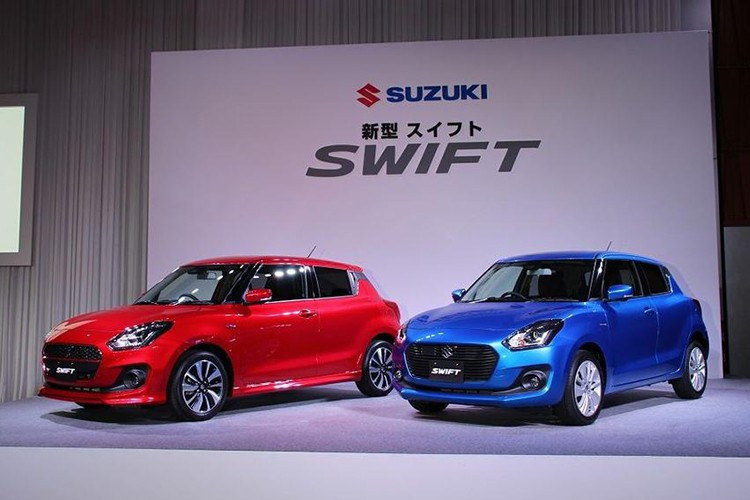
In Vietnam, Suzuki Swift used to be one of the most popular B-class hatchbacks thanks to its compact design and fuel economy. However, this model has been absent from the market for many months, amid speculation that the company will stop producing the current version to prepare for the new generation.
In June 2025, some authorized Suzuki Vietnam dealers suddenly "hinted" about the return of Swift with a teaser image on the official fanpage, along with the status line: "The next generation of Suzuki icons is gradually emerging." The image of the car is immersed in darkness, revealing only the LED headlights and the signature logo, making many fans believe that this is the new generation Swift.
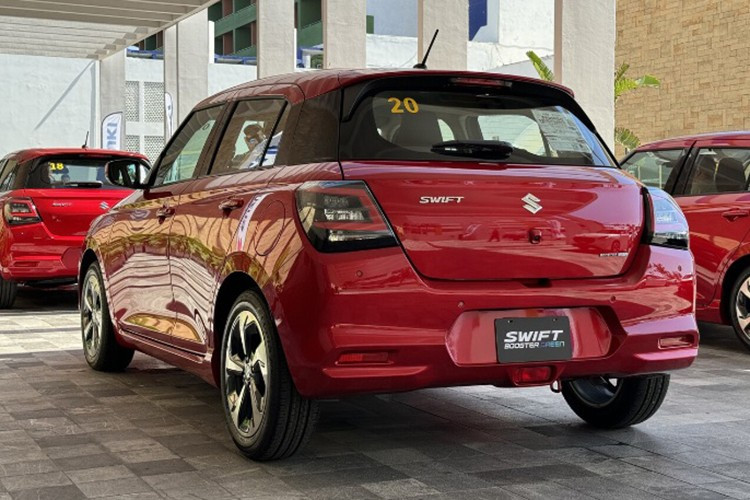
Information from some dealers in Hanoi confirmed that Swift 2025 will be launched in mid-June and will start delivering cars from July. Notably, the new version will have only one configuration, using a hybrid transmission system and imported directly from Japan.
However, with production in Japan being disrupted, the possibility of supply being affected for the Vietnamese market is inevitable. If the production recovery takes longer than planned, consumers may have to wait longer, especially in the initial sales phase.
The story of the Suzuki Swift illustrates the challenges facing automakers in an increasingly complex geopolitical landscape. With China controlling more than 80% of the global supply chain of rare earths – essential materials for electric motors, permanent magnets and hybrid batteries – the auto industry is increasingly vulnerable to policy changes.
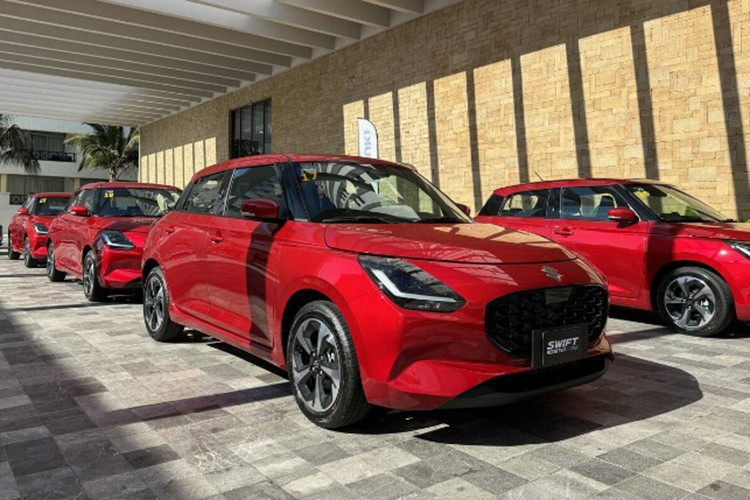
The disruption to the supply of components from China is putting not only the US and Europe, but also manufacturers in Asia in a passive position. Even for a popular car like the Swift, the shortage of rare earths can still stall the entire production line.
In addition, this event also raises big questions about the stability of the global supply chain, especially for car manufacturers that rely heavily on imported components from China, something that not only Suzuki, but many other brands are facing.
Source: https://khoahocdoisong.vn/ly-do-nao-khien-suzuki-swift-tam-dung-san-xuat-tai-nhat-post1546394.html





![[Photo] Conference of the Government Party Committee Standing Committee and the National Assembly Party Committee Standing Committee on the 10th Session, 15th National Assembly](https://vphoto.vietnam.vn/thumb/1200x675/vietnam/resource/IMAGE/2025/10/15/1760543205375_dsc-7128-jpg.webp)
![[Photo] General Secretary To Lam attends the 18th Hanoi Party Congress, term 2025-2030](https://vphoto.vietnam.vn/thumb/1200x675/vietnam/resource/IMAGE/2025/10/16/1760581023342_cover-0367-jpg.webp)

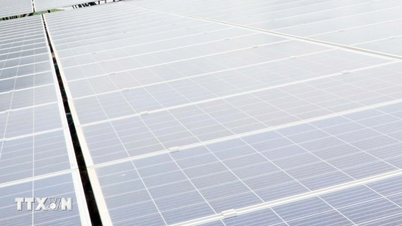


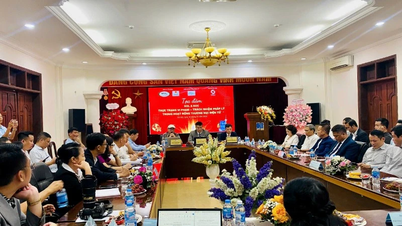

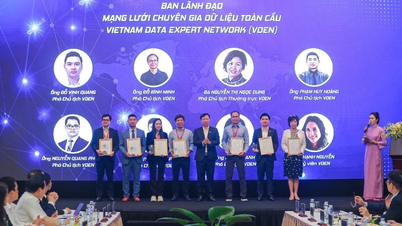







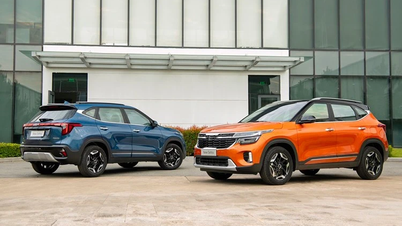

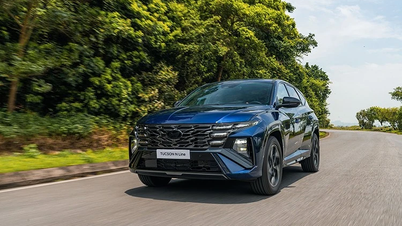
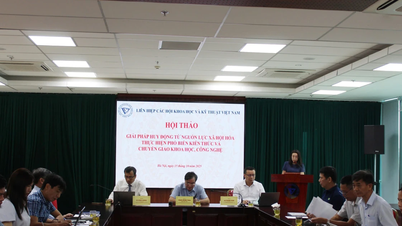
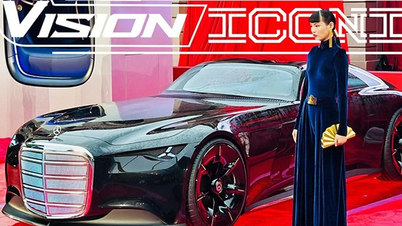
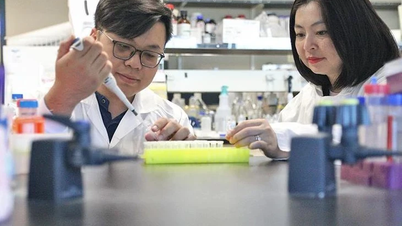






![[Video] TripAdvisor honors many famous attractions of Ninh Binh](https://vphoto.vietnam.vn/thumb/402x226/vietnam/resource/IMAGE/2025/10/16/1760574721908_vinh-danh-ninh-binh-7368-jpg.webp)

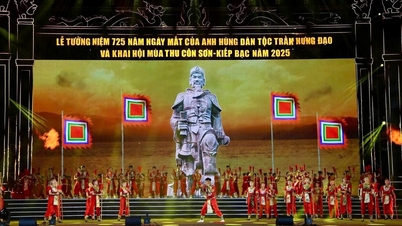
























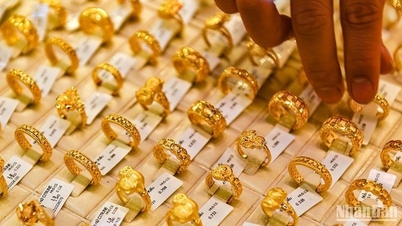
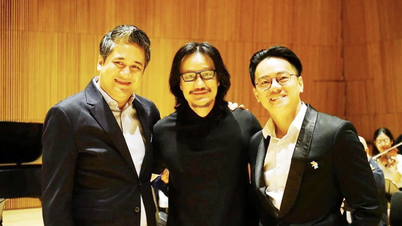




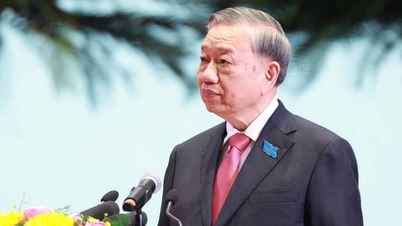

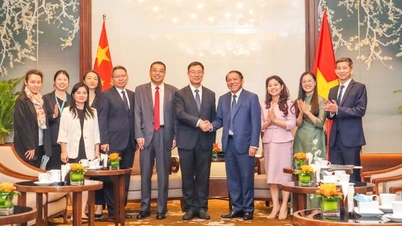

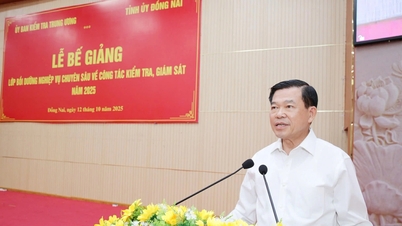

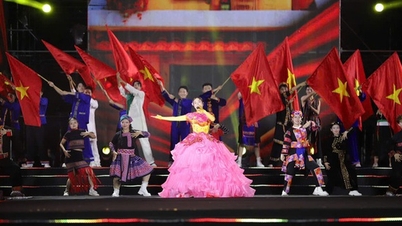

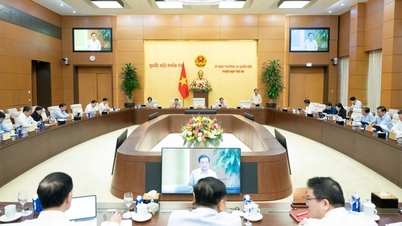


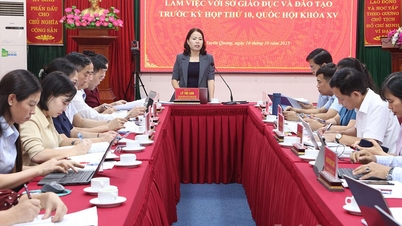


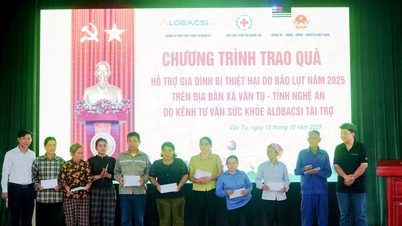

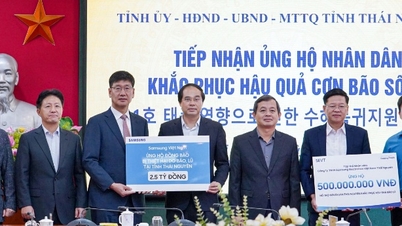
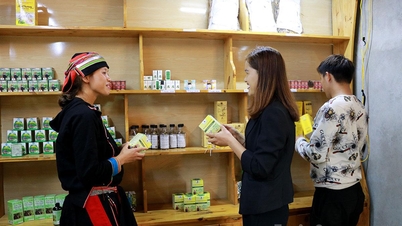
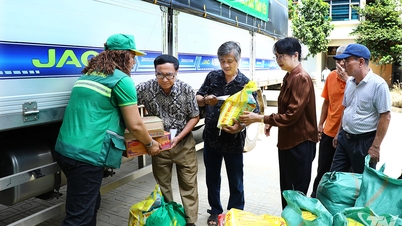














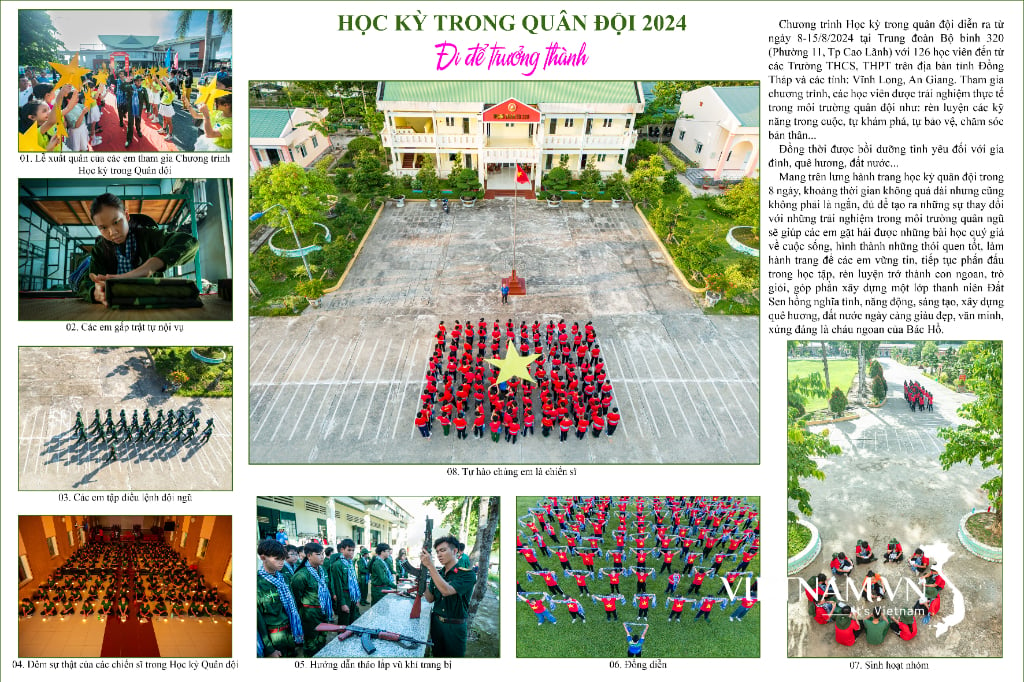


Comment (0)